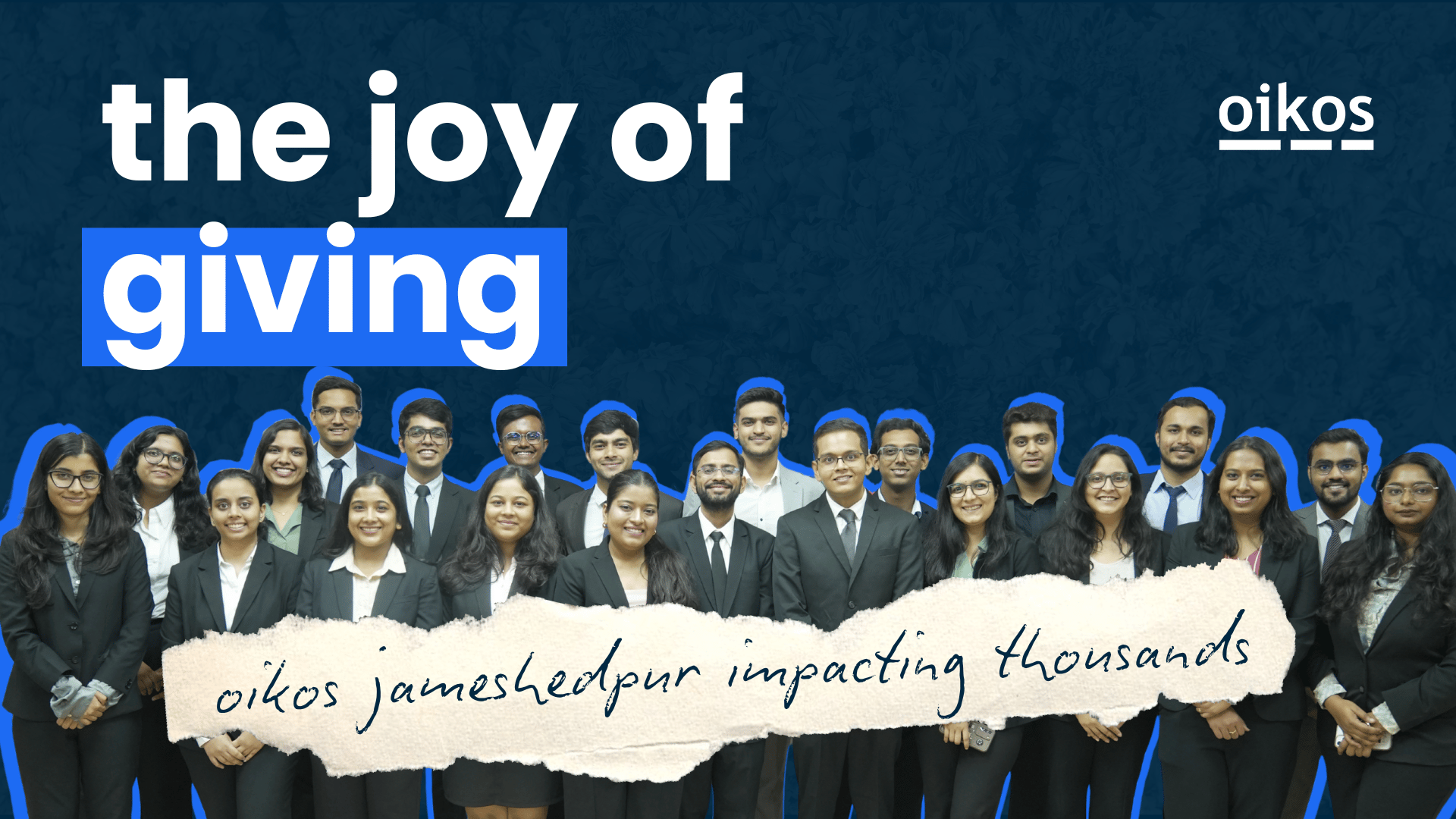
Davos, Switzerland – A new report on business school rankings is being simultaneously launched in Davos and Shanghai, with business school deans to discuss the report in Davos on January 23. The report, published under the aegis of the UN Global Compact and with the support of Aviva Investors gives an overview of the current state of the business school rankings and suggests possible changes to help align business school education with the needs of the 21st century.
Business school rankings are produced by organisations such as the Financial Times, the Economist, US News, Business Week, and Forbes. These rankings strongly influence business schools, which in turn influence their students: the next generation of decision-makers. However, these rankings have been critiqued for overemphasising graduate salaries, penalising business schools who educate graduates who work for non-profits, and not properly taking into account sustainability, ethics, or teaching quality.
The report, Business School Rankings for the 21st Century, suggests 20 actions to improve evaluation and ranking and encourage “a race to the top” in business education. Possible actions include:
- Eliminate entirely, or reduce the weight of, the salary differential measure
- Incorporate criteria that measure environmental, social, and/or SDG-linked factors within core curricula, research output, hiring, and special research clusters
- Award credit to schools that train students who work for low-paying but societally valuable organisations after graduation
The report draws on consultations with business schools, progressive businesses, rankings publications, accreditation agencies, and relevant civil society organisations. Contributors include AABS (African Association of Business Schools); ABIS (the Academy of Business in Society); AMBA (Association of MBAs); Aon; the Coalition for Inclusive Capitalism; CSER (Centre for the Study of Existential Risk, University of Cambridge); EFMD (European Foundation for Management Development); GMAC (Graduate Management Admissions Council); GRLI (Globally Responsible Leadership Initiative); oikos International; and the UN PRME (Principles for Responsible Management Education).
###
Clémentine Robert, oikos International President 2019-2020: “Accreditation and ranking systems should highlight higher education institutions which equip students to face 21st century challenges. Those are mostly linked to sustainability and climate change in a global context.”
###
Download the press release here for contact details and quotations from authors and contributors.
Visit the official webpage of the United Nations Global Compact to learn more about their programs and activities.




